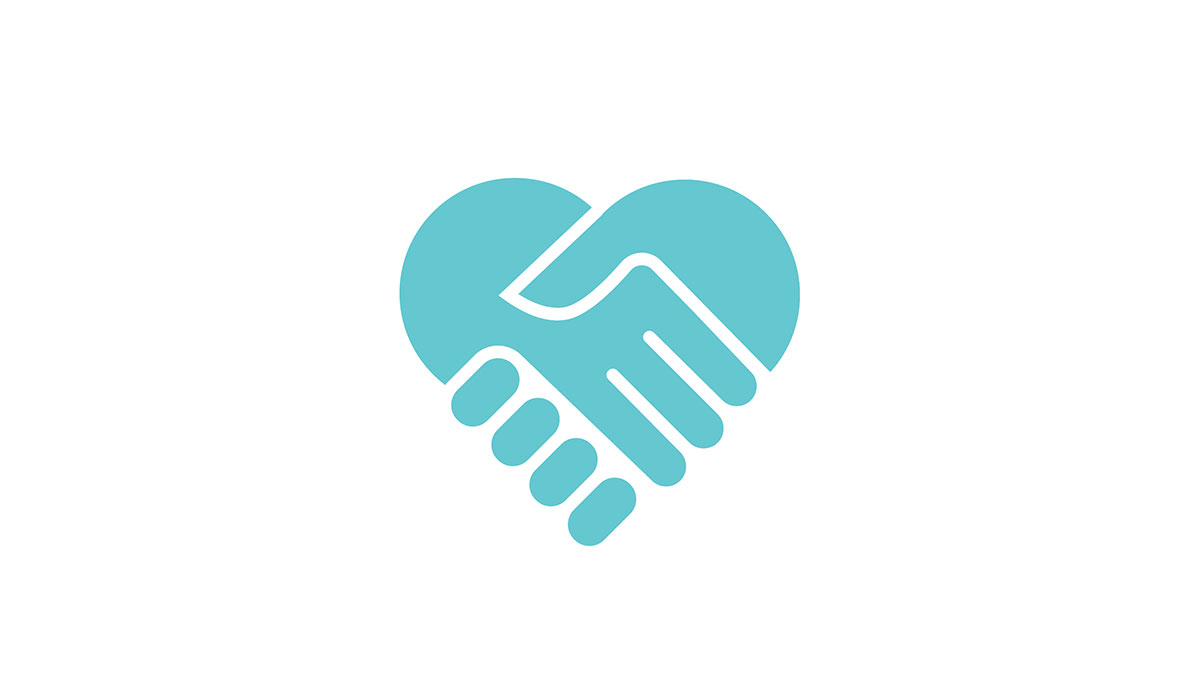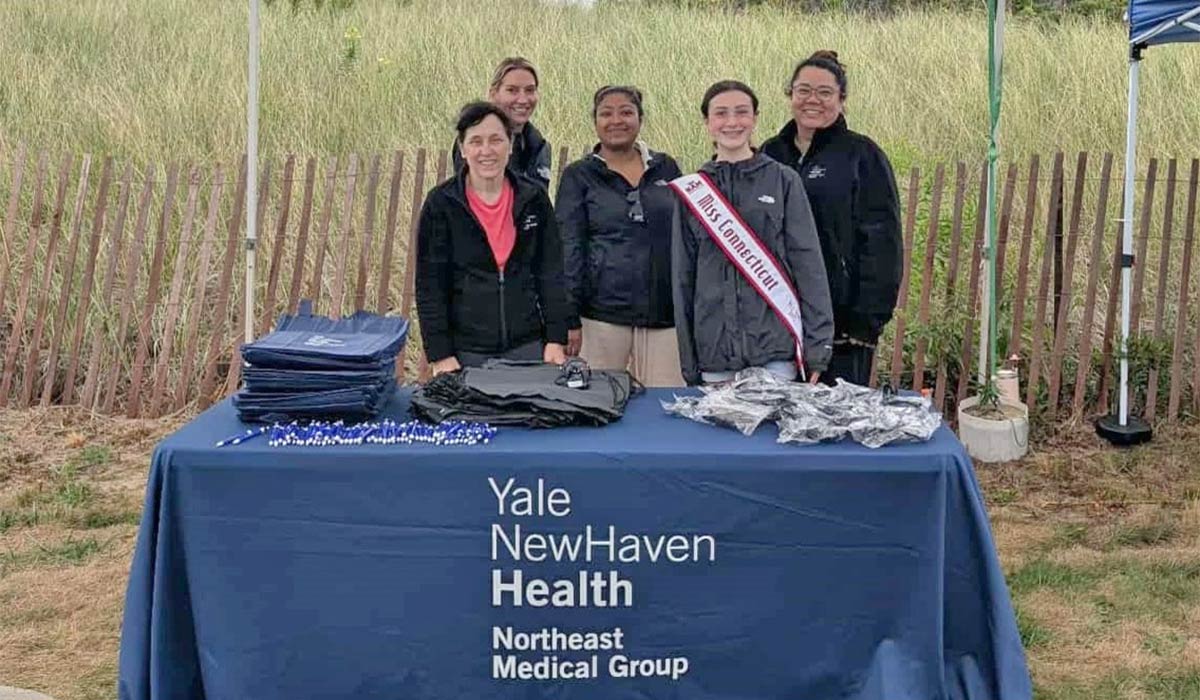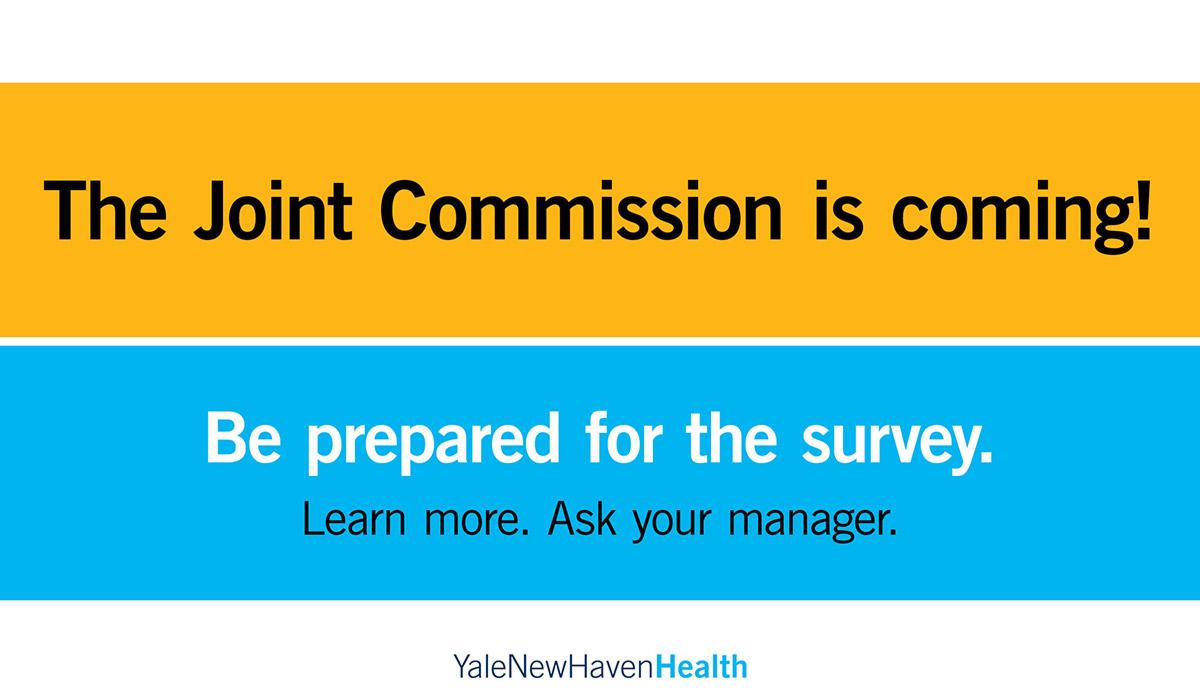
Jason Vincent, clinical coordinator for Emergency Services, displays an app called Twiage, which will enhance L+M’s ability to respond in real time to incoming emergencies. Much of Yale New Haven Health System is using Twiage; Westerly Hospital will begin using it in the future.
L+M Hospital begins using a new electronic emergency communication application this month that, despite its funny name, has the potential to save lives.
It’s called Twiage, and it enhances emergency care by blending real-time communication with triage so paramedics and emergency medical technicians can instantly communicate with hospital staff as they treat and transport patients to the Emergency Department.
Twiage is a phone app that, once activated for qualified personnel, will immediately notify key caregivers and support staff when someone is en route to the hospital with a stroke, heart attack or other life-threatening condition. The app can also enhance patient registration, alert security if a patient is combative, and notify EMTs if a hospital service is down and patients must be rerouted.
Paramedic Tim Law and Jason Vincent, clinical coordinator for Emergency Services, helped implement the technology.
“This is going to give clear, concise patient reports directly to all key staff at the same time, without anyone having to call the operator or conduct an overhead page,” Law said.
With Twiage, “someone on the stroke team could be getting a cup of coffee in the cafeteria and it’s going to go off on their phone,” Vincent said. Through the app, the paramedic can relay all vital information. Because it also uses GPS, staff will know when to expect the ambulance.
In the past, Vincent said, “we’d pick up a radio in the ambulance to tell the ED that we’re bringing a patient who is having a stroke. Then they’d have to do an overhead page to alert the stroke team.”
For now, employees will continue to hear overhead pages for emergencies as the team adapts to Twiage.
“It’s much more user-friendly,” Vincent said. “It’s better than the radio system we had, much more reliable, and it offers far more capabilities. It’s going to ensure that we’re ready to provide the advanced care needed for every patient.”




